Kit & Matt discuss all things brewing, from process to distribution and why shopping local can benefit small businesses around the world.
Transcript
Hi, I'm Matt.
And I'm Kit.
We're brothers, brewers and mead makers on a mission to rebrand this iconic drink for a modern audience.
Today, we'd like to show you how the honey we collect from over 200 managed beehives along the length of the Wye Valley goes from bee to bottle.
So today, we are making a smoked porter.
And this is brewing grain — it's malted barley.
You get lovely, light, unroasted barley so it's nice and light.
And the darker the barley, the more it's been roasted.
So we get light to dark.
You only need a little bit of dark to make the whole beer almost completely black.
And that's what we're doing today.
We're basically making the biggest bowl of porridge in Monmouthshire,
extracting all that lovely sugar from the grain
and supplementing it with our own honey.
And it's a physical process.
Most bigger breweries have machines to do all this stuff for them.
Sadly, we don't have those machines — just our skinny arms and our head brewer, Paul.
Get this on camera — Kit's pouring some grain in.
I try and avoid the manual labour.
Just because we like to be as busy as we possibly can and fill all the jobs into one day,
we're also going to be bottling some mead today.
So, we're bottling a barrel-aged mead.
This is a mead that, unlike the beer that takes three to four weeks to get ready,
this has taken two years until it can touch someone's lips.
We ferment a mead for a year.
We age it in whiskey casks for another year.
And that's what we're bottling today.
So this is the culmination of two years of maturing and waiting —
which we're going to see today, which is really exciting.
The drink we're brewing today is a beer.
So it's a honey beer — different to a mead.
This is, as you've just seen, primarily malt-based with the honey added.
So honey substitutes some of the malt.
The really lovely, dark, smoky malt you've seen makes the beer this colour.
So very lovely, dark.
Yeah.
Very different to our mead, which is made out of only honey.
So this is our traditional mead,
and it has honey in there from our hives —
from the spring, the summer, and also the sort of late summer/autumn.
The spring honey is an apple blossom honey and spring flowers from the area.
The summer honey is bramble and lime tree.
And then the autumn, sort of early autumn/late summer, is Brecon Beacon heather honey.
That's why mead, from a provenance point of view, is more interesting than beer.
You can create all the ingredients for this drink here, from a 10-mile radius.
Which I suppose is why mead is sustainable, environmentally friendly,
hasn't travelled as far — and it literally is a distillation of the landscape.
This is really exaggerating the fact that you're doing no work and Paul's doing all the work.
Yeah, you can hear in the background Paul is doing the actual brewing now.
But how much of the landscape makes its way into a bottle of mead?
Well, we did some maths on how many bee miles it takes to produce enough honey for one batch of mead.
A bee has a fuel tank of about 500 miles.
And in that time, she'll produce about a sixteenth of a teaspoon of honey.
So if one bee was to live long enough to do all the work herself,
she'd fly around the world something like 9,718 times
to produce the two tonnes of honey we use in one batch of mead.
And yes, it is the ladies that do all that hard work.
This real reliance on working alongside nature is also why
the production of something like honey — and therefore mead — is so hard to scale up.
Just like in the cider world — there's people who are making it out of apples,
and there's people who are making it out of apple syrup.
I think the same is true in the mead world.
Yep, absolutely right.
In any world, there are perhaps more mass market products that make it out of inauthentic ingredients.
But they'd have had that meeting.
Yeah, they would have.
"How can we make it cheaper?"
You know, £8 a kilo for honey versus a kilo of sugar — 60p.
Yeah.
You think, "Ah, that's ten times cheaper. Wow, we can decrease our raw material cost by ten times."
Yeah, exactly.
But they wouldn't have had, I suppose, authenticity as much of a core of their business.
And I suppose that's where we're at.
How can you scale up whilst retaining all the values,
and all the kind of important ethical bits that are our core values?
How can we scale up and retain that?
It's really hard — because now we've been approached by Tesco.
It's been exciting.
In Tesco Wales, we might have two of our products going through them.
When I started this, I thought:
"Ah, do you know that person who's got that thing on Tesco's shelf has absolutely made it."
And now you look at it and go:
"Oh, that's a huge task — to get that right."
To get it there.
To get it there at a good price.
To get it there and be competitive with everything around it.
Consistently labelled correctly.
Delivered on time.
Always in stock.
Always tasting the same.
And when you make something that relies on nature so much,
and you make something that relies on many natural processes,
then it's really difficult to do that.
You know, if it goes well and we decide that's the right route for us,
then we'll be quite an anomaly for a supermarket supplier
that's still operating fairly artisanally and producing things by hand.
We might just have to put the labels on straighter.
Yeah.
So if you follow me, I'll just let you have a look at what we end up with after the whole brewing process is done.
So this is our spent grain.
It's still steaming — it’s fresh from the mash tun.
We've dug it all out.
We've put hot water through it to extract all the sugar.
This is really good as food for cows,
which means that it's quite a nice way of recycling our material to make a new thing.
And this will go to make cheese and milk — and keep cows really happy.
Would you like to try some?
Leave some for the cows, Matt.
Okay, sorry.
They do need it — they're out in the cold.
Of course, there's no point brewing up all this bloody lovely mead if no one's going to drink it.
Join us next time when we'll be talking about the joys of being a local producer bringing a community together.
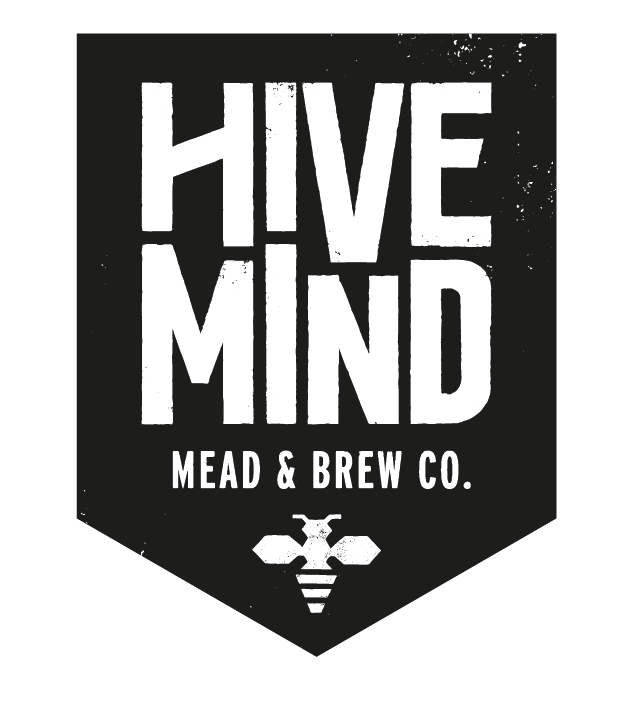
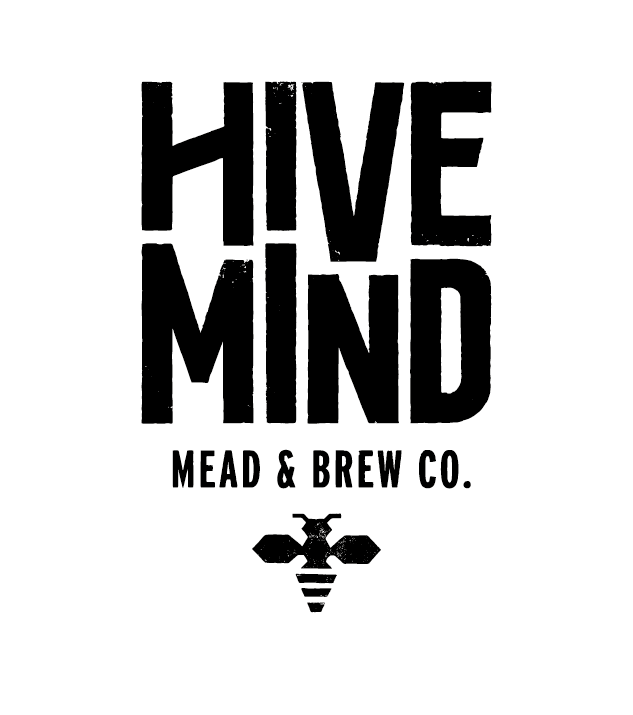
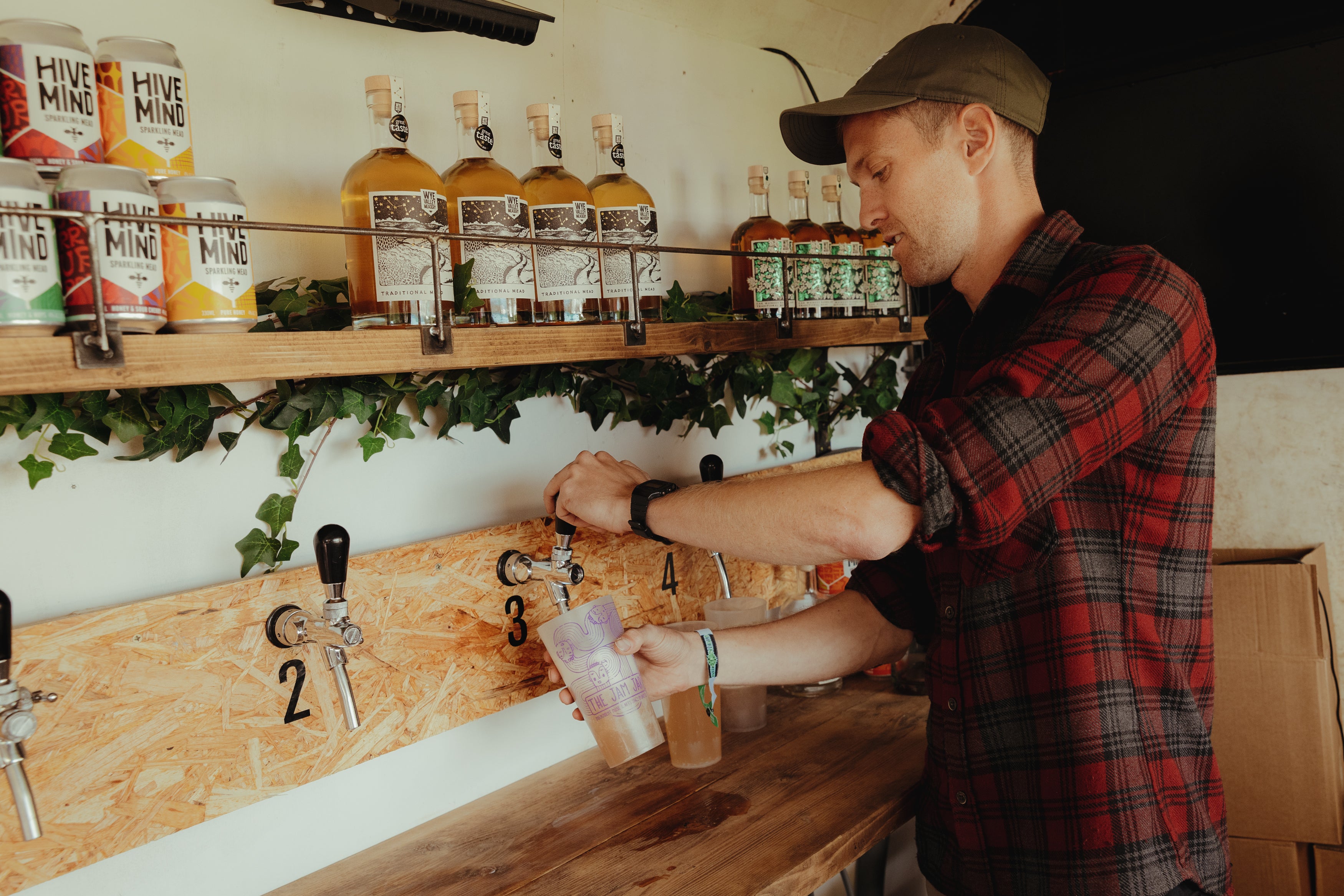
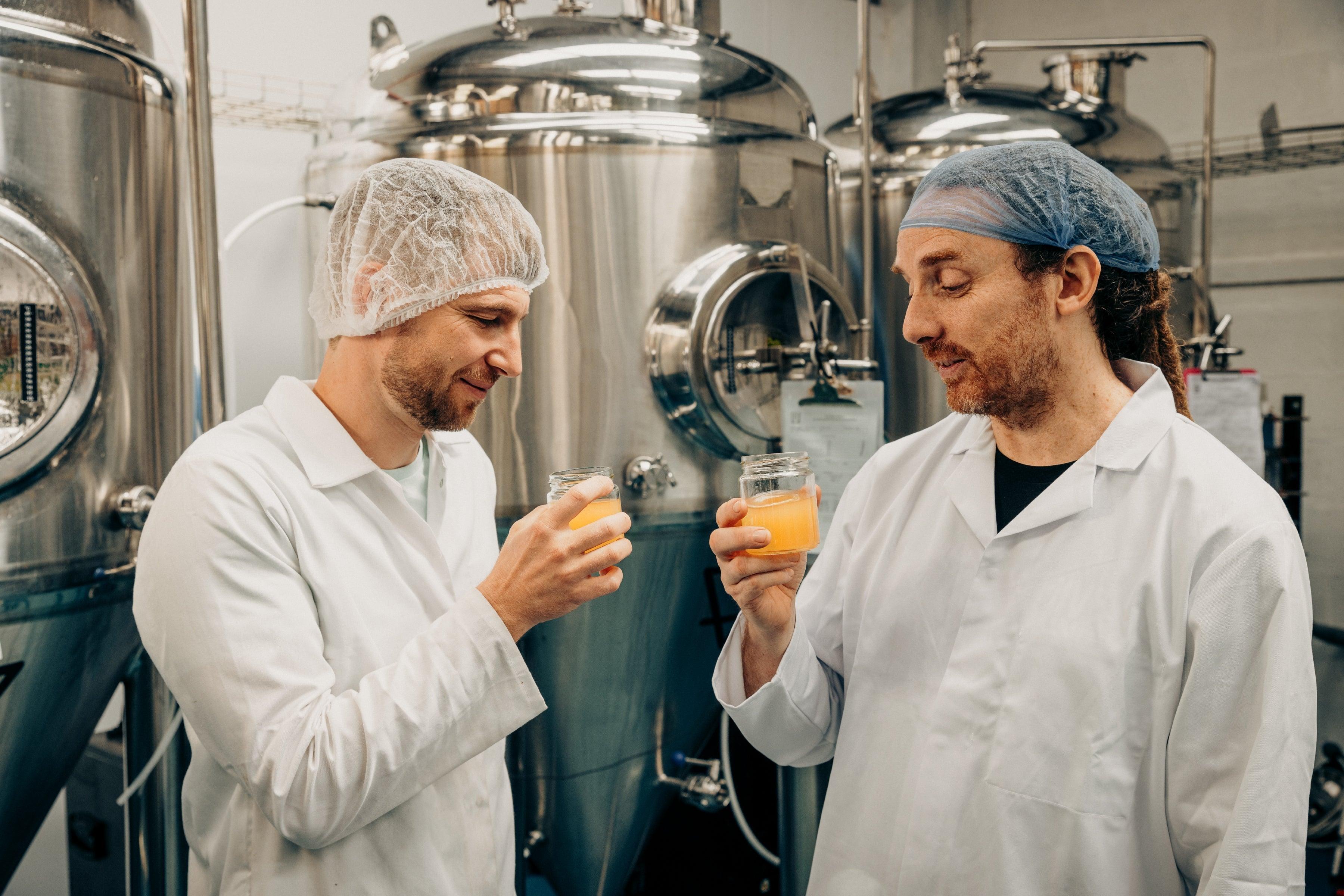
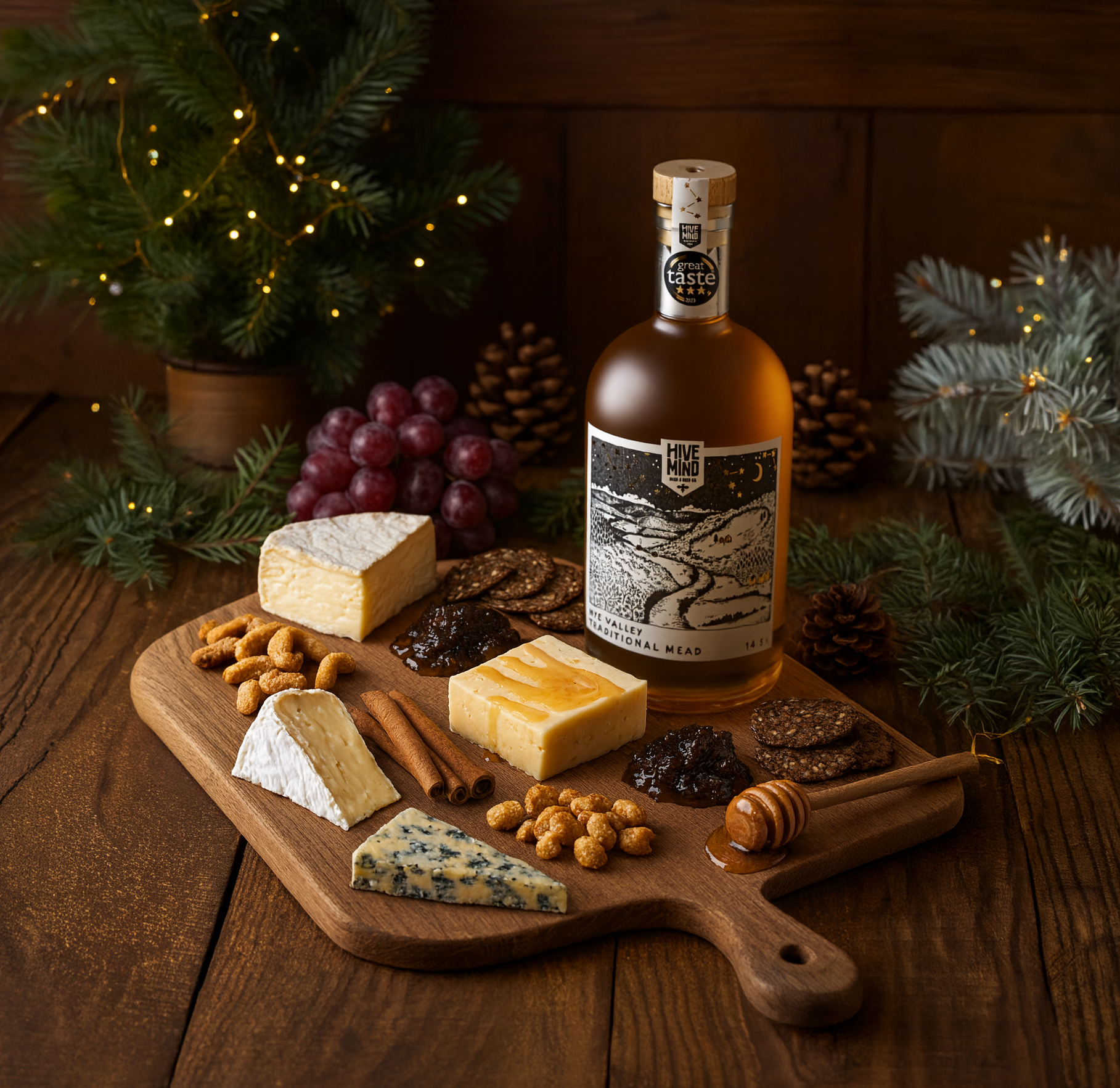
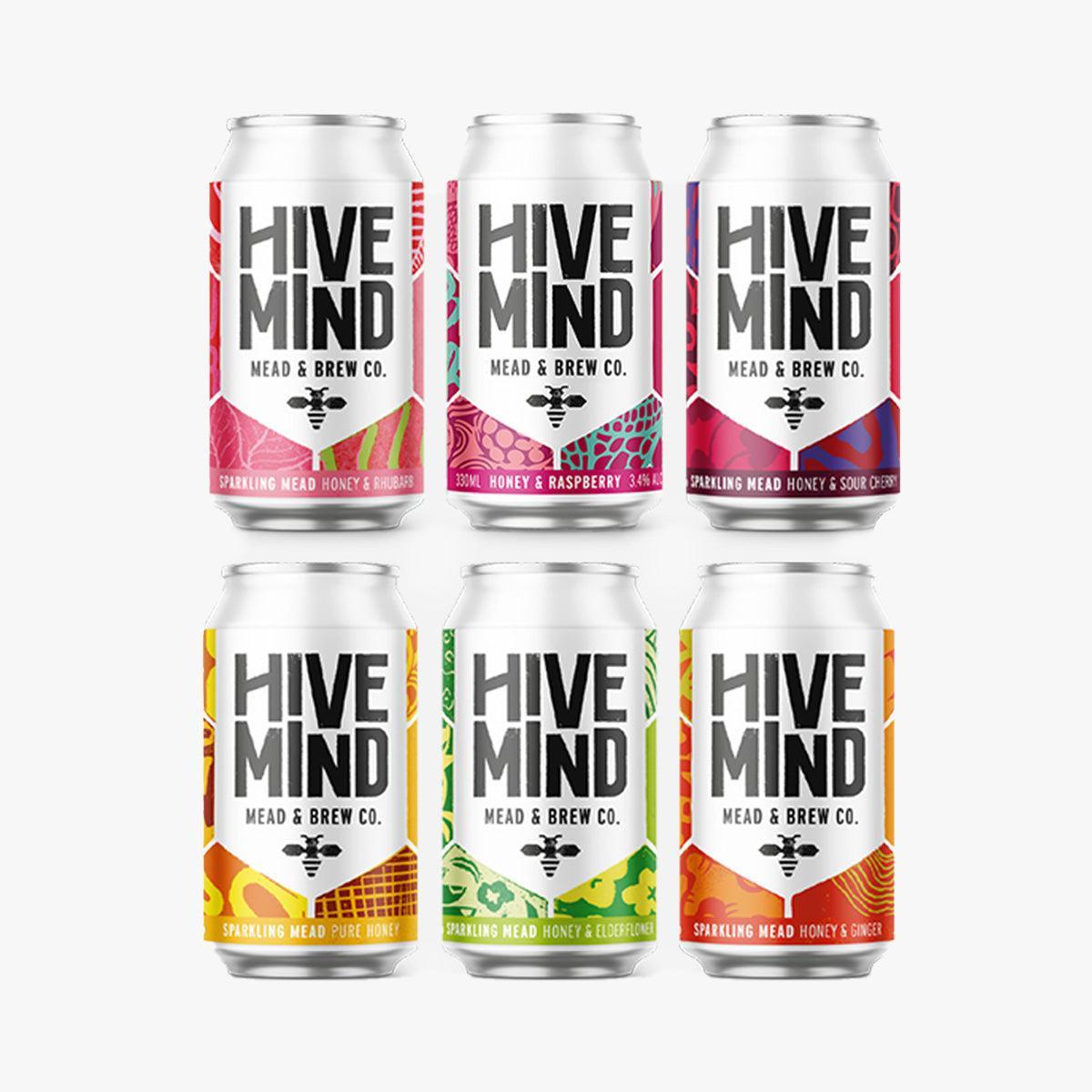
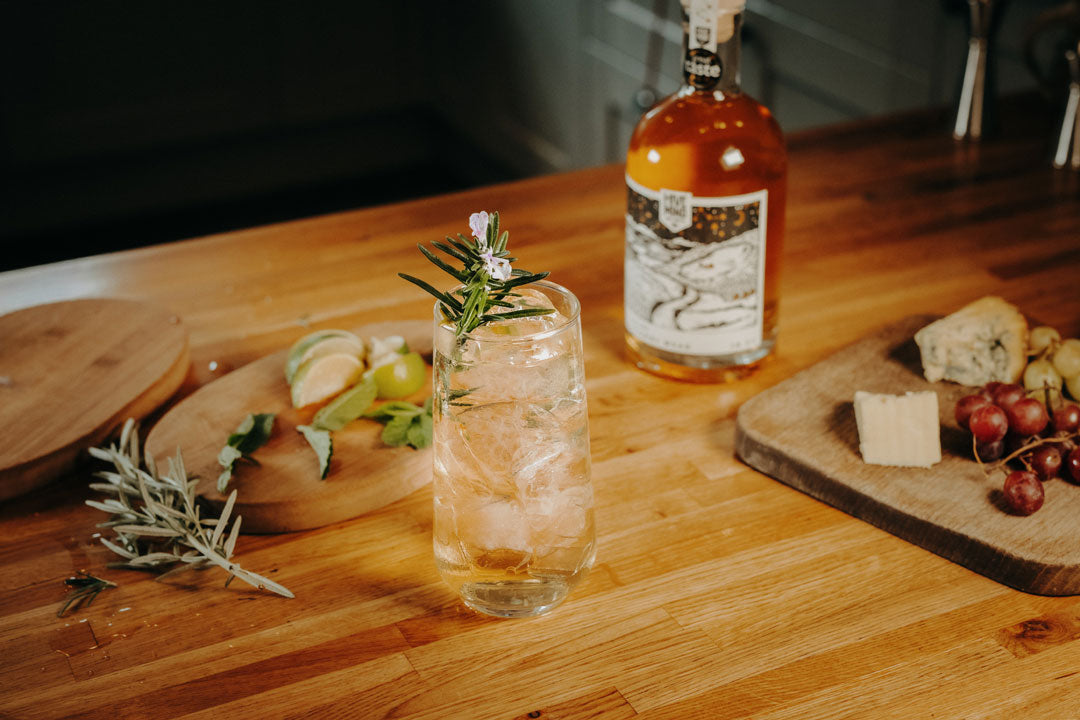
Share: